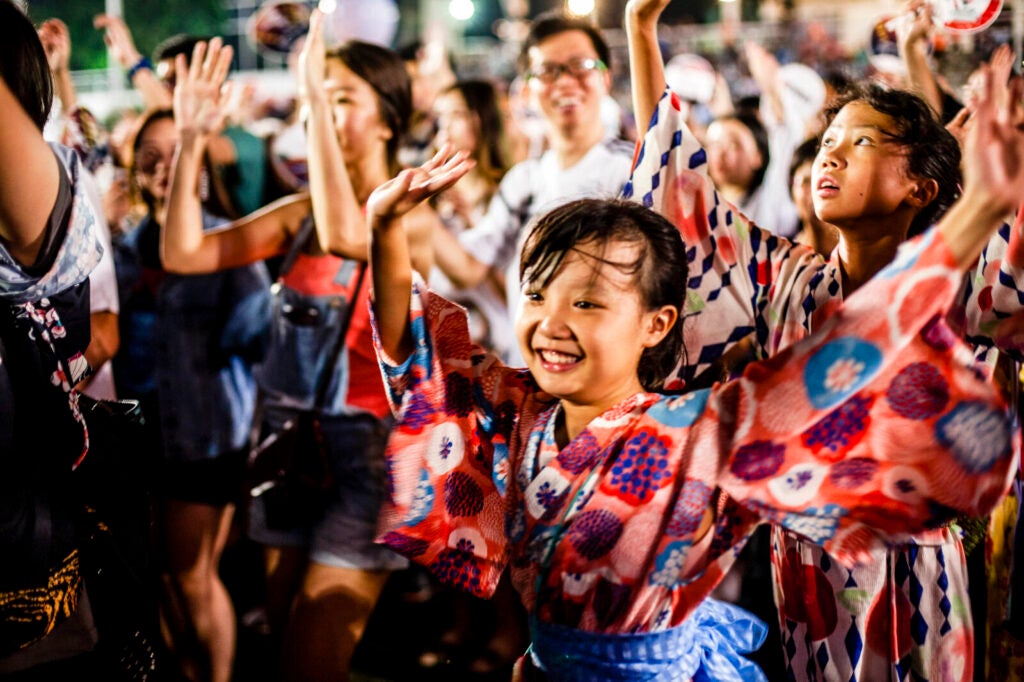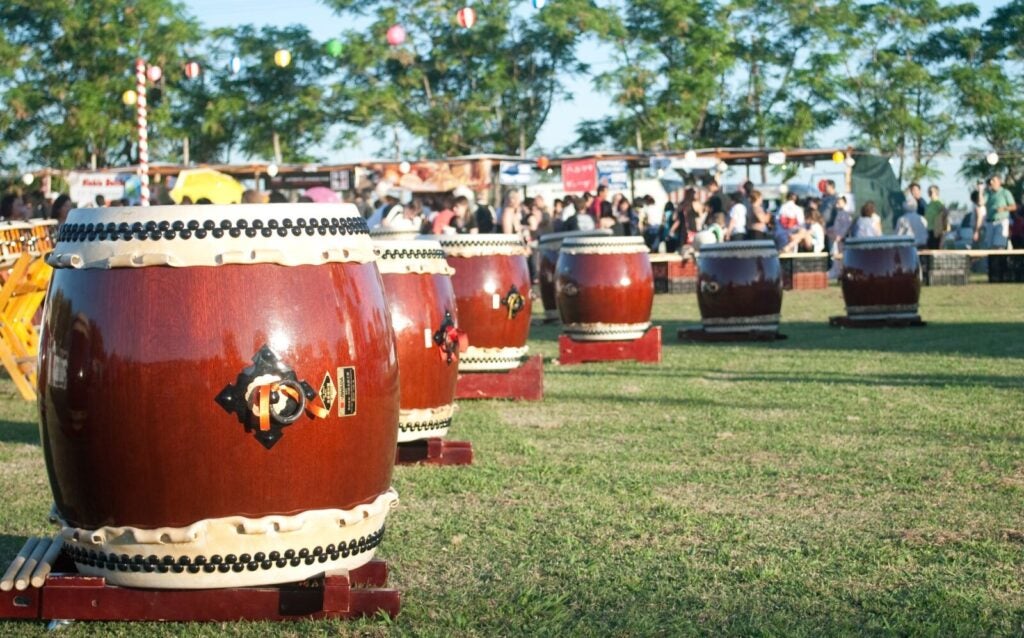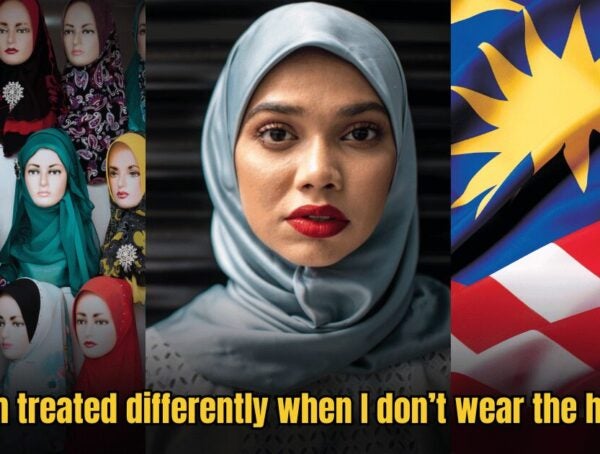Disclaimer: In Real Life is a platform for everyday people to share their experiences and voices. All articles are personal stories and do not necessarily echo In Real Life’s sentiments.
A statement made by Malaysia’s Islamic affairs minister Idris Ahmad has sparked debate on whether or not Malaysian Muslims should be allowed to participate in the upcoming edition of the Bon Odori festival happening in Kompleks Sukan Negara Shah Alam on the 16th of June.
“A study conducted by the Malaysian Islamic Development Department (JAKIM) found that the festival does have religious elements, so we advise Muslims not to participate in it,” He says as he speaks about the festival.
According to the website of The Japan Club of Kuala Lumpur, one of the organisers of the event, the Bon Odori celebration here in Malaysia “started out as a small affair for Japanese expatriates to immerse their children in Japanese culture”.

With an average of about 35,000 attendees each year, the festival displays a wide array of traditional Japanese food, craft, and fashion. It has brought a deeper understanding and connection between Malaysians and the Japanese community that is very much a strong presence in Malaysia.
Here’s where things get blurry.
Bon Odori originates from a religious practice that honours the dead and the traditional practices include sweeping graves of departed relatives, giving temple offerings, and displaying lanterns that help guide the spirits of the deceased to the other realm, much like the Hungry Ghost Festival.
Over time however, what once was a religious celebration has evolved into a festival of cultural appreciation, especially in countries outside of Japan.
The event and its organisers do not emphasise on the religious elements of the festival, in fact it is never once mentioned in any promotional materials. It is said that the discourse came about because the poster for this year’s edition of the event depicts a girl in a hijab at the celebration.
Malaysians are divided on the issue.
Some agree with Idris, saying that the Muslim community should not be a part of the celebration as it has religious roots and that Muslims should be pure in their faith. Others however, don’t see it as a threat but a chance to socialise and appreciate a different culture.
Many took to the internet to express their disappointment in the statements made as the Bon Odori event this year is returning after a two year hiatus due to the pandemic.
Some even criticised the minister’s statements as they believe the organisers had no ill intentions towards Muslims or any other religion when organising the event and that it comes off almost like an attack to jeopardise the harmony between communities.

This discourse has brought the important question of choice.
Does attending the celebration with only the intent of enjoying the food, culture, and dance without subscribing to the religious beliefs behind it still pose as a danger in itself because of proximity? Does that mean non-christians should refrain from visiting and taking photos in heavily decorated shopping malls during the Christmas season too?
For more stories like this, read: We’re Muslims And We Love Dogs – Here’s Why It’s Not Haram, 6 Things I Learnt From Fasting As A Non-Muslim This Ramadan
You might also like
More from Real People
‘A RM100 fee cost a company 5 years of revenue’ shares M’sian
This story is about a Malaysian who learned that bureaucracy can be defeated simply by not arguing with it.A billing …
‘I quiet-quit, upskilled, and tripled my salary,’ shares M’sian engineer
This story is about a Malaysian who learned that loyalty without leverage leads nowhere in the corporate world.After years of …
‘I did everything right, and it still wasn’t enough’ shares M’sian graduate
This story is about a Malaysian graduate navigating big dreams in a job market where a degree no longer guarantees …


















